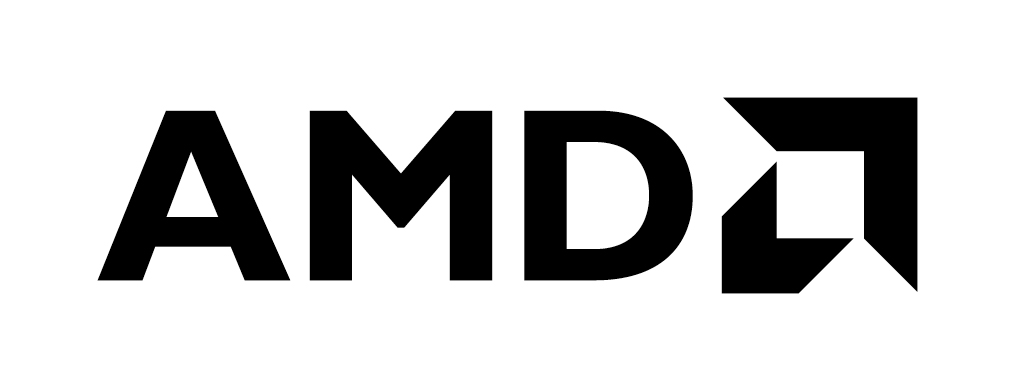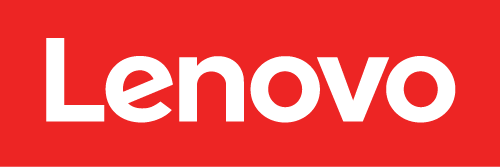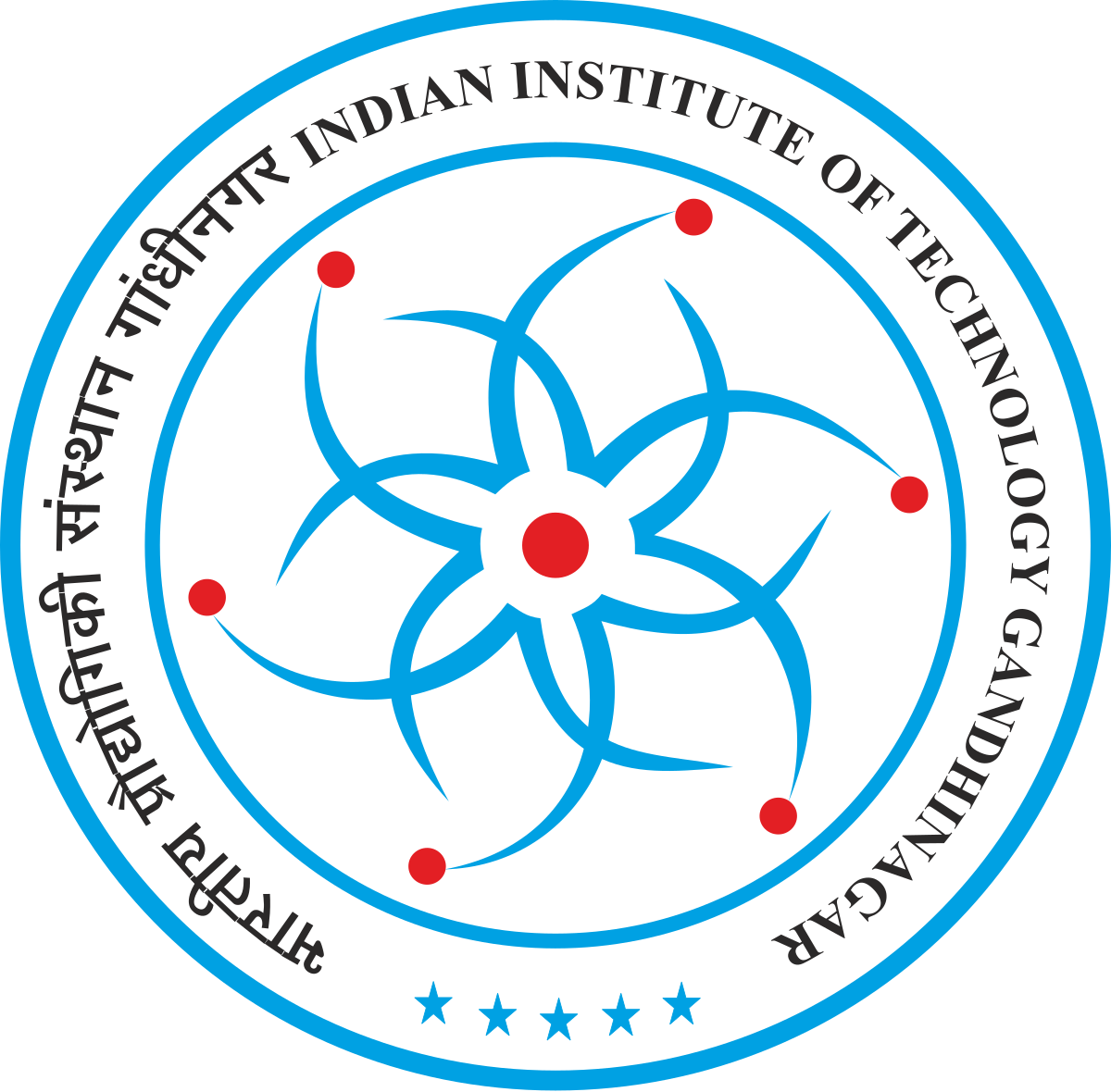Healthcare is an ever-evolving field with new challenges, where access, fairness, quality and cost-effectiveness are the key issues. An instance of ICT in healthcare is telemedicine, which overcomes geographical barriers, increases access to health care services and hence, it is beneficial for rural and disadvantaged communities in developing countries. The four fields of telemedicine highlighted by a 2009 survey conducted by WHO are teleradiology, teledermatology, telepathology, and telepsychology. Another instance of ICT in healthcare is the IoT-enabled medical devices which enable medical providers to assess and monitor critical patient data within a given hospital. Some examples for IOT in healthcare include Kinect HoloLens Assisted Rehabilitation Experience by Microsoft and Smartfridge by Weka. Further, telesurgery uses wireless networking and robotic technology to allow surgeons to operate on patients who are distantly located. This technology addresses shortage of surgeons, and eliminates geographical barriers that prevent timely and high-quality surgical intervention, financial burden, complications, and long-distance travel. Enabling the above technologies requires healthcare professionals to access data on wirelessly-connected laptops, tablets, cell phones and wireless video cameras. Modern information and communication technologies (ICTs) have the potential to address these contemporary issues in healthcare. Hence, healthcare organizations are increasingly adapting to ICTs to retrieve, store, share and transmit data. The theme of this panel is ICTs and their applications in the healthcare domain, with a particular focus to issues in realising such technologies in India. The issues we address are (but not limited to) as follows:
- Challenges in ICT in Indian healthcare: The Indian healthcare scenario presents a spectrum of contrasting landscapes, where high-tech medicare is available in urban India, while rural healthcare centers have poor infrastructure. We ask the big question – can ICTs bridge this urban-rural gap in India?
- Healthcare Policy and Regulations for ICTs – ‘HIPAA’ in India: It is amply clear that a large road-block in employing ICTs in India is the lack of clear policy and regulation. Under this topic, we discuss the scope and reach of such policies, and its adoption in India.
- Telemedicine in COVID times: COVID-19 has stressed the healthcare systems maximally around the world. In these pandemic times, doctors relied on telemedicine for treating patients. Here, we discuss the technological advancements required in ICT based video and diagnostic technologies that would help practitioners.
- Privacy concerns of ICTs in medical IOT: Medical devices with integrated IoT perform in-hospital tasks such as remote patient monitoring, treatment progress observation, maintaining medical vaccine stocks etc. Along with the related benefits, they bring in security and privacy concerns. Here, we discuss the possible measures that ICTs must take in order to ensure patient privacy and security in hospitals.
Date: 15th December 2020
The distinguished experts who have agreed to be a part of this panel are as follows:
Speakers
Dr. Anurag Agrawal (Director, IGIB):  Professor Anurag Agrawal is Director of the Institute of Genomics and Integrative Biology (IGIB), a national laboratory of the Council of Scientific and Industrial Research, India (CSIR). He completed undergraduate medical education at the All India Institute of Medical Sciences, Delhi (MBBS, 1994) followed by post graduate training in Internal Medicine, Pulmonary Disease and Critical Care at Baylor College of Medicine, USA (Diplomate, American Board), and a PhD in physiology from Delhi University. Prof. Agrawal has made multiple primary research contributions in respiratory biology and lung health. He is passionate about the potential of digital health and advocates smart deployment of emerging technologies towards affordable and effective healthcare. He serves on Governing Body of CSIR, National Advisory Groups in Health Research, Medical Biotechnology, Medical Data Reform and Artificial Intelligence, co-chairs the Lancet and Financial Times commission on digital health futures, is a member of the World Health Organization (WHO) expert group for digital health, and an alternate board member for the partnership in maternal and child health at WHO. Notable awards and honors include the Shanti Swaroop Bhatnagar Prize (Medical Sciences, 2014), senior fellowship of the Wellcome Trust DBT India Alliance (2015), and elected fellowships of the Indian National Science Academy and the Indian Academy of Sciences (2019).
Professor Anurag Agrawal is Director of the Institute of Genomics and Integrative Biology (IGIB), a national laboratory of the Council of Scientific and Industrial Research, India (CSIR). He completed undergraduate medical education at the All India Institute of Medical Sciences, Delhi (MBBS, 1994) followed by post graduate training in Internal Medicine, Pulmonary Disease and Critical Care at Baylor College of Medicine, USA (Diplomate, American Board), and a PhD in physiology from Delhi University. Prof. Agrawal has made multiple primary research contributions in respiratory biology and lung health. He is passionate about the potential of digital health and advocates smart deployment of emerging technologies towards affordable and effective healthcare. He serves on Governing Body of CSIR, National Advisory Groups in Health Research, Medical Biotechnology, Medical Data Reform and Artificial Intelligence, co-chairs the Lancet and Financial Times commission on digital health futures, is a member of the World Health Organization (WHO) expert group for digital health, and an alternate board member for the partnership in maternal and child health at WHO. Notable awards and honors include the Shanti Swaroop Bhatnagar Prize (Medical Sciences, 2014), senior fellowship of the Wellcome Trust DBT India Alliance (2015), and elected fellowships of the Indian National Science Academy and the Indian Academy of Sciences (2019).
Dr. Oomen John (Senior Research Fellow at The George Institute):  Dr. Oommen John is a physician researcher and digital health expert. He completed his MD in Internal Medicine from Christian Medical College, Ludhiana and an Executive MBA from Indian Institute of Management, Calcutta. Dr John has extensive field level experience in the area of designing, implementing and evaluating innovative solutions and its applicability in health service delivery. He has served with WHO in Immunization Strengthening and Vaccine Delivery, Research and Development. He is an elected fellow of the International Academy of Health Science Informatics. He is a conjoint lecturer at Faculty of Medicine, University of New South Wales, Sydney and Professor at Prasanna School of Public Health, Manipal Academy of Higher Education. At George Institute for global health, he leads research initiatives evaluating the role of digital health interventions in improving clinical outcomes in chronic conditions. He serves on the expert advisory panel for the Market Access Programme of National Health Authority, India that is implementing the world’s largest health insurance programme towards achieving universal health coverage. He serves as the Secretary of the Asia Pacific Association for Medical Informatics and on the scientific advisory committee at Foundation for Innovative Diagnostics (FIND). He is a member of the WHO Digital Health Guidelines Development Group and ITU-WHO focus group on Artificial Intelligence for Health.
Dr. Oommen John is a physician researcher and digital health expert. He completed his MD in Internal Medicine from Christian Medical College, Ludhiana and an Executive MBA from Indian Institute of Management, Calcutta. Dr John has extensive field level experience in the area of designing, implementing and evaluating innovative solutions and its applicability in health service delivery. He has served with WHO in Immunization Strengthening and Vaccine Delivery, Research and Development. He is an elected fellow of the International Academy of Health Science Informatics. He is a conjoint lecturer at Faculty of Medicine, University of New South Wales, Sydney and Professor at Prasanna School of Public Health, Manipal Academy of Higher Education. At George Institute for global health, he leads research initiatives evaluating the role of digital health interventions in improving clinical outcomes in chronic conditions. He serves on the expert advisory panel for the Market Access Programme of National Health Authority, India that is implementing the world’s largest health insurance programme towards achieving universal health coverage. He serves as the Secretary of the Asia Pacific Association for Medical Informatics and on the scientific advisory committee at Foundation for Innovative Diagnostics (FIND). He is a member of the WHO Digital Health Guidelines Development Group and ITU-WHO focus group on Artificial Intelligence for Health.
Mr. Rajesh Ranjan Singh (CEO, Wish Foundation):  Mr. Rajesh R. Singh is a development professional and non-profit sector specialist with close to three and half decades of experience in the field of public health with a focus on primary care, digital health, data analytics and innovations. Currently he is engaged with WISH Foundation as the Chief Executive Officer, spearheading digital and technology driven health initiatives towards ensuring comprehensive, quality and equitable access to primary healthcare. Prior to joining WISH, Mr. Singh has worked in the capacity of Chief Operating Officer and Deputy/Country Director for various non-profit institutions active in South East Asia and South and West Africa. His professional experience involves provision of management and programmatic leadership founded in multi-sectoral responses to development and humanitarian issues in Asia and Africa. Mr. Singh excels at developing strategic partnerships with private and public sector institutions, building stakeholder relations and has proven success in program quality enhancement and development. He is a part of several core committees like Empowered Group 6 of Niti Aayog on COVID and FICCI Bharat Swasthya Task Force committee.
Mr. Rajesh R. Singh is a development professional and non-profit sector specialist with close to three and half decades of experience in the field of public health with a focus on primary care, digital health, data analytics and innovations. Currently he is engaged with WISH Foundation as the Chief Executive Officer, spearheading digital and technology driven health initiatives towards ensuring comprehensive, quality and equitable access to primary healthcare. Prior to joining WISH, Mr. Singh has worked in the capacity of Chief Operating Officer and Deputy/Country Director for various non-profit institutions active in South East Asia and South and West Africa. His professional experience involves provision of management and programmatic leadership founded in multi-sectoral responses to development and humanitarian issues in Asia and Africa. Mr. Singh excels at developing strategic partnerships with private and public sector institutions, building stakeholder relations and has proven success in program quality enhancement and development. He is a part of several core committees like Empowered Group 6 of Niti Aayog on COVID and FICCI Bharat Swasthya Task Force committee.
Nishi Mathur (Senior Principal Technology Architect, Infosys):  Nishi has more than 22 years of experience in Telecom IT. She has worked with various telecom service providers on Enterprise Architecture Definition and Digital Transformation Programs. Her current areas of responsibility include leading architecture practice, building architecture capabilities in line with emerging technology and business trends, driving large transformation programs ; architecture consulting with special focus on Digital Transformation, 5G, ONAP (Linux Foundation Project) , Automation and Enterprise Solutions. She is an active contributor to the Tele Management Forum where she has led various award winning demonstrations. On the healthcare front, she led Infosys contribution in award winning proof of concept “Skynet” which demonstrated how on demand 5G Network Slices could facilitate borderless remote health care. Skynet project aimed to offer advanced eHealth and tele-medicine services across seamlessly coordinated, geographically distributed service providers to support medical crises where global collaboration is needed. She is also associated with IEEE. Nishi holds B. Tech from IIT Delhi.
Nishi has more than 22 years of experience in Telecom IT. She has worked with various telecom service providers on Enterprise Architecture Definition and Digital Transformation Programs. Her current areas of responsibility include leading architecture practice, building architecture capabilities in line with emerging technology and business trends, driving large transformation programs ; architecture consulting with special focus on Digital Transformation, 5G, ONAP (Linux Foundation Project) , Automation and Enterprise Solutions. She is an active contributor to the Tele Management Forum where she has led various award winning demonstrations. On the healthcare front, she led Infosys contribution in award winning proof of concept “Skynet” which demonstrated how on demand 5G Network Slices could facilitate borderless remote health care. Skynet project aimed to offer advanced eHealth and tele-medicine services across seamlessly coordinated, geographically distributed service providers to support medical crises where global collaboration is needed. She is also associated with IEEE. Nishi holds B. Tech from IIT Delhi.
 Dr. Tavpritesh Sethi (Founding head of Center of Excellence in Healthcare and Assistant professor at IIIT-Delhi): He has more than 15 years of experience in artificial intelligence and machine learning for healthcare. He received his M.B.B.S from Government Medical College, Amritsar and PhD from CSIR-Institute of Genomics and Integrative Biology, New Delhi, India. Before joining IIIT-Delhi, he was a Visiting Faculty member at Stanford University in the Department of Biomedical Informatics. Tavpritesh is passionate about digital transformation of healthcare and plays an advisory role for various companies in the health-tech space. He is a fellow of the Kavli Frontiers of Science (NAS, USA) and the Wellcome Trust/DBT India Alliance. He has contributed to AI/ML and data-science solutions in Critical Care, Public Health policy, Infectious Diseases including COVID-19. He has authored more than 40 research articles and has been a TEDx speaker, keynote speaker in several international conferences, invited speaker at TEDx and the WHO Infodemic Consult. He serves as an academic editor for PLOS One, Nature Scientific Reports, Systems Medicine and Journal of Genetics. He successfully manages his research group TavLab (http://tavlab.iiitd.edu.in/) at IIIT-Delhi.
Dr. Tavpritesh Sethi (Founding head of Center of Excellence in Healthcare and Assistant professor at IIIT-Delhi): He has more than 15 years of experience in artificial intelligence and machine learning for healthcare. He received his M.B.B.S from Government Medical College, Amritsar and PhD from CSIR-Institute of Genomics and Integrative Biology, New Delhi, India. Before joining IIIT-Delhi, he was a Visiting Faculty member at Stanford University in the Department of Biomedical Informatics. Tavpritesh is passionate about digital transformation of healthcare and plays an advisory role for various companies in the health-tech space. He is a fellow of the Kavli Frontiers of Science (NAS, USA) and the Wellcome Trust/DBT India Alliance. He has contributed to AI/ML and data-science solutions in Critical Care, Public Health policy, Infectious Diseases including COVID-19. He has authored more than 40 research articles and has been a TEDx speaker, keynote speaker in several international conferences, invited speaker at TEDx and the WHO Infodemic Consult. He serves as an academic editor for PLOS One, Nature Scientific Reports, Systems Medicine and Journal of Genetics. He successfully manages his research group TavLab (http://tavlab.iiitd.edu.in/) at IIIT-Delhi.
Panel Moderator
Ranjitha Prasad (Assistant Professor, IIIT Delhi):  Dr. Ranjitha Prasad obtained her Ph.D. from Indian Institute of Science in 2015. Her experience is in the general areas of signal processing, Bayesian statistics, and more recently, machine learning and deep neural networks as applied to healthcare. She has been a postdoctoral researcher at Nanyang Technological University and National University of Singapore, Singapore, and a scientist at TCS Innovation Labs, Delhi. She is the recipient of the Best Ph.D. thesis award (The Seshagiri Kaikini Medal) for 2014- 2015 from the Council of Indian Institute of Science, and the recipient of the Best Paper in the Communications Track at NCC 2014, held at IIT Kanpur.
Dr. Ranjitha Prasad obtained her Ph.D. from Indian Institute of Science in 2015. Her experience is in the general areas of signal processing, Bayesian statistics, and more recently, machine learning and deep neural networks as applied to healthcare. She has been a postdoctoral researcher at Nanyang Technological University and National University of Singapore, Singapore, and a scientist at TCS Innovation Labs, Delhi. She is the recipient of the Best Ph.D. thesis award (The Seshagiri Kaikini Medal) for 2014- 2015 from the Council of Indian Institute of Science, and the recipient of the Best Paper in the Communications Track at NCC 2014, held at IIT Kanpur.











